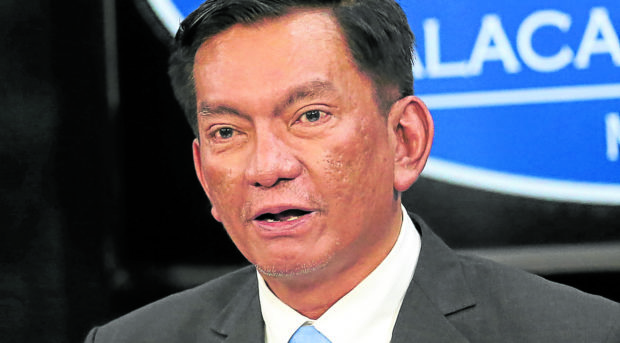Salceda pushes tax perks for agriculture sector

Albay Rep. Joey Salceda (INQUIRER.net file photo)
MANILA, Philippines — Albay Rep. Joey Salceda is urging the incoming Marcos administration to hasten tax perks for agricultural subsectors under the Strategic Investment Promotion Plan (SIPP) which will be the “country’s top instrument of industrial planning.”
According to Salceda, agriculture is a leading sector needed for the country’s economic recovery and is covered by Republic Act No. 11534, or the Corporate Recovery and Tax Incentives for Enterprises (Create) Act.
ADVERTISEMENT
The Albay lawmaker and House ways and means committee chair, who authored and sponsored the Create Act, pointed out that he has been working closely with the Department of Trade and Industry (DTI) and the Department of Agriculture to include several agricultural subsectors in the SIPP.
The SIPP is the list of industries eligible for tax perks under the Create Act, which President Rodrigo Duterte signed into law in March last year. It’s considered the largest fiscal stimulus for businesses in the country.
However, the DTI only completed the transitional version of the SIPP in May and the comprehensive version of the plan has not been completed.
Salceda urged incoming Trade Secretary Alfredo Pascual to finish crafting the comprehensive version of the SIPP to help revive the agriculture sector, boost production and help reduce consumer prices.
Salceda explained, “ giving key agriculture sectors tax incentives, we can lower production costs and encourage farm modernization. That will lower consumer prices and boost domestic food supply.”
Focus on inflation
At the same time, Salceda lauded incoming central bank chief Felipe Medalla for focusing on inflation, which hastened to 5.4 percent in May, instead of being distracted by the depreciation of the Philippine peso.
“I agree with incoming Governor Medalla that the focus should be fighting inflation, not supporting the peso. I’ve seen how futile that can be when the problem is external,” he said, after the peso slid to P54.265 against the US dollar, its weakest since 2018, on Tuesday.
Salceda recalled that the central bank “tried to support” the Philippine peso during the 1997 Asian financial crisis and ended up spending so much on a pointless exercise.
“That didn’t work then, and it wouldn’t work now,” Salceda said, adding that Medalla’s announcement of at least two more interest rate increases this year was more significant.
ADVERTISEMENT
Salceda said he was “not alarmed” with the depreciation of the Philippine peso, adding that “it’s even debatable whether that’s a problem.”
RELATED STORIES
Bongbong Marcos okay with PH joining RCEP if agri sector already competitive
Marcos takes agri post, vows to reorganize DA

Read Next
Palace clears head of PNP ‘Davao Boys’ in QC teen’s killing
EDITORS’ PICK
MOST READ
Don’t miss out on the latest news and information. 
View comments


